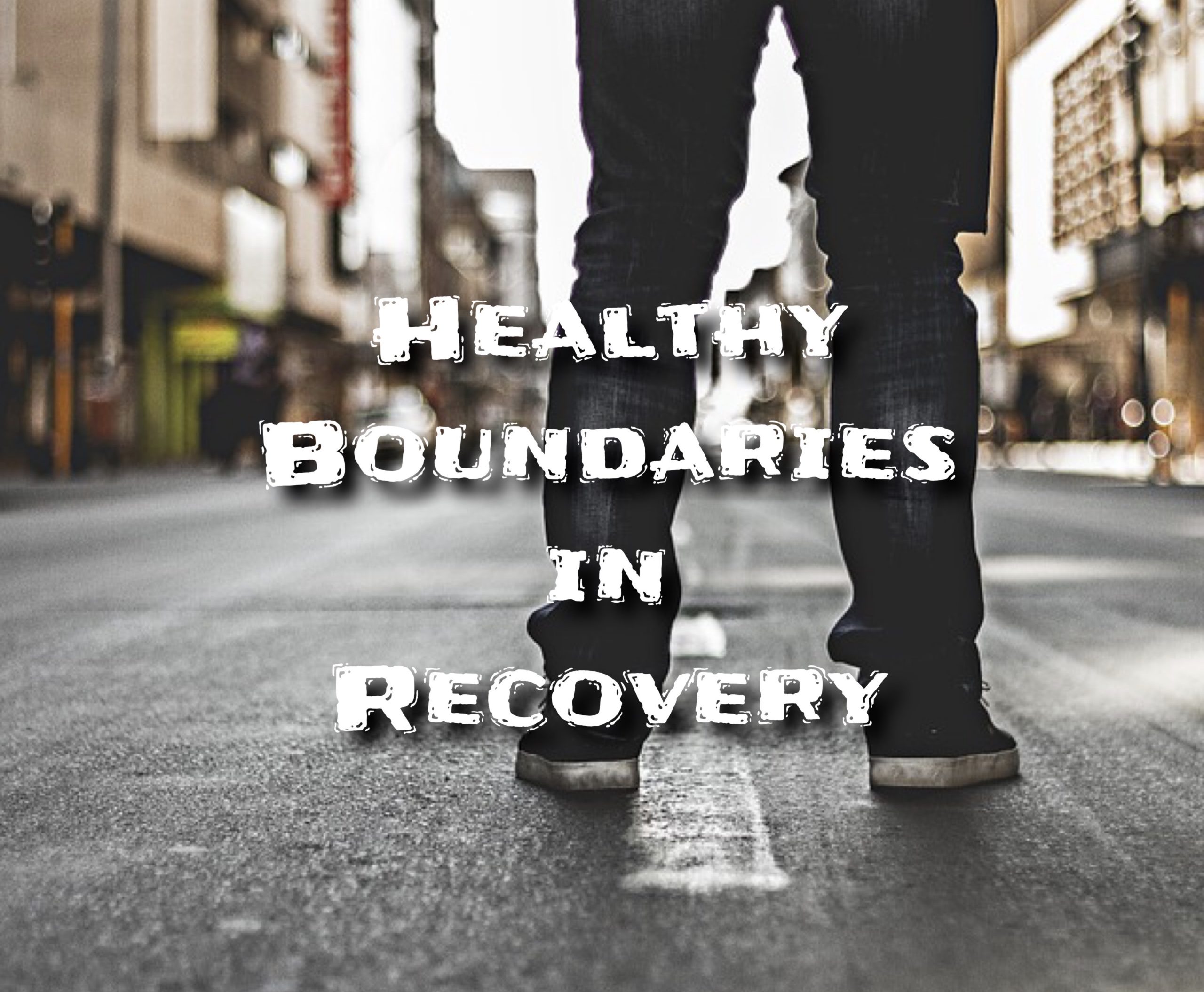
Healthy Boundaries in Recovery
The longer you are in recovery, the more you learn and rediscover yourself. This includes what you like, don’t like and how you’re willing to be treated – which is why establishing healthy boundaries is so important.
What is a boundary?
A boundary is a guideline that defines a permissible way for others to treat us. When a person is using substances, they very likely have few or no boundaries at all. Many with substance use disorders are unable to tell their friends “no”; leading them to ignore their own personal values and beliefs. This is common especially if those same friends are ones they’ve actively used with.
This can make it difficult to establish boundaries if one person is in recovery and their old friends still use. Everyone in recovery must re-examine just about every piece of their life, including those they surround themselves with. Its human nature to want relationships and acceptance from friends but when you remove substance use from the relationship, especially from only one side – the outcome can be very unexpected.
For example, the person in recovery may now value honesty while their old friend who is still using frequently lies. It can be hard to understand why or relate. Their mindset is focused on the next drink, the next pill or next high. To them those are the priorities, not necessarily respect and reciprocation. Individuals who are in active addiction can be unstable and unpredictable. They may lie and/or steal to feed their disorder.
What do you do?
It can be emotional to think about ending a friendship. According to the Substance Abuse and Mental Health Services Administration, some friends, family members and other acquaintances can be triggers for cravings. In a 2015 article published in the Yale Journal of Biology and Medicine, Melemis said individuals often fail to recognize that their behaviors and emotions can set them up for relapse.
Ask these questions:
- Is the friendship one-sided?
- Are they supportive of your recovery?
- Do they often point out your faults or make jabs at you?
- Do they talk about how “you’ve changed” in a negative way?
If you answer yes to any of these, it may be time to either distance yourself from the friendship slowly until it fades away, or have a direct conversation about setting up healthy boundaries. Explain what you need and why. Let them know you need this to help your recovery. If that makes you uncomfortable, than that in itself is a sign that this may not be a good relationship to hold onto. Keep moving forward in your recovery and surround yourself with positive people who support you.
There are many different ways to combat substance use disorders and each person is different. If you or someone you know is experiencing problems with substance use disorder please contact the professional team at Lifeline Connections. You can visit Lifelineconnections.org, our Services & Locations information or call (360) 397-8246 for more information.
Source: https://www.ncbi.nlm.nih.gov/pmc/articles/PMC4553654/
1 Comment
Comments are closed.

AffiliateLabz
Great content! Super high-quality! Keep it up! :)